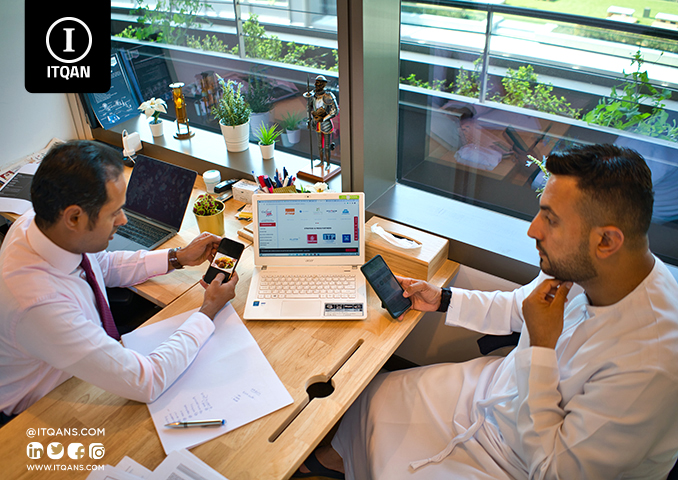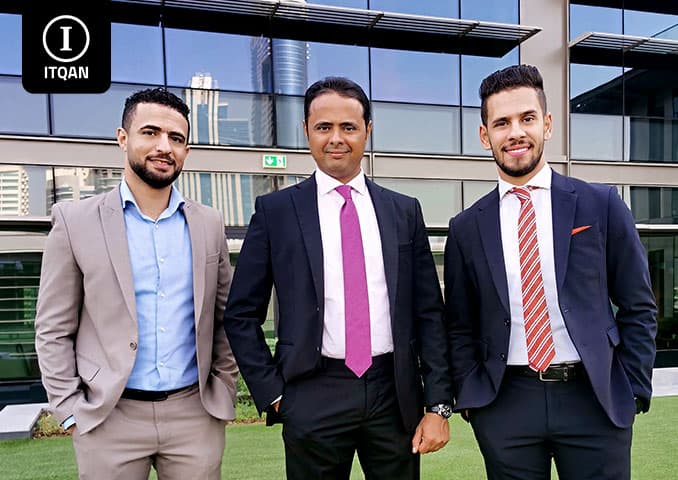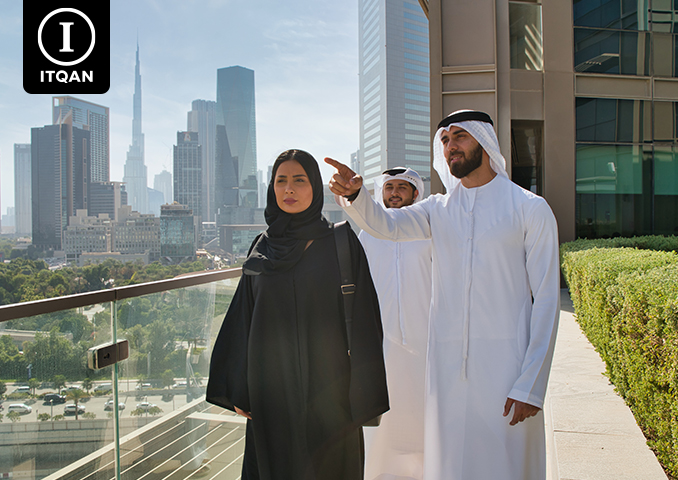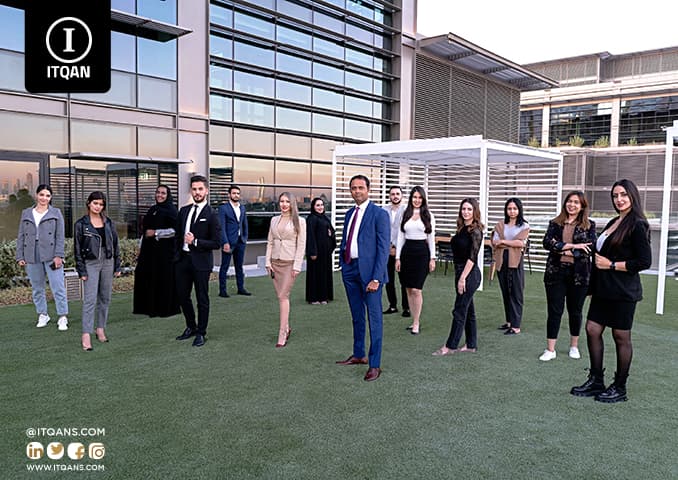Obtaining a commercial registration (CDR) in Dubai is an essential step for any investor wishing to establish a business in one of the world’s most attractive cities for business. Dubai offers a unique investment environment that combines flexible legislation, modern infrastructure, and various facilities to meet the needs of various types of businesses. A commercial registration (CDR) is the official document that grants a business legal status and allows its owner to conduct business legally within the emirate, whether on the mainland or in free zones. Dubai boasts a streamlined commercial registration process compared to many other countries, as the Dubai government provides advanced electronic systems that facilitate transactions for local and foreign investors quickly and efficiently. Furthermore, the availability of a wide range of commercial licenses suitable for various economic sectors makes Dubai an ideal destination for entrepreneurs and startups. When applying for a CDR in Dubai, one must determine the nature of the business activity, choose an appropriate trade name, and complete the required documents according to the relevant authority, whether the Dubai Department of Economic Development (DED) or one of the free zone authorities. Among the important benefits Dubai offers CDR holders are the ability to benefit from tax exemptions, the freedom to transfer profits, and the flexibility to open bank accounts and obtain visas for investors and employees. Specialized companies, such as Itqan, play an important role in facilitating the commercial registration process by providing comprehensive consultations and services that help investors choose the appropriate company type, prepare documents, and communicate with relevant authorities to ensure speedy completion of transactions. Obtaining a commercial registration in Dubai is not merely an administrative step; it is a gateway to extensive investment opportunities in a growing global market that provides a strong and supportive competitive environment for business growth.
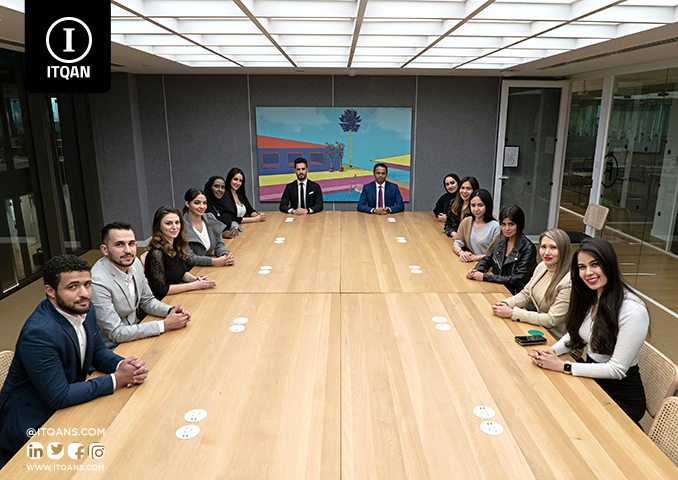
جدول المحتوى
ToggleTypes of Commercial Registrations Available in Dubai
Dubai represents an attractive investment environment that allows investors to easily establish their businesses, offering a variety of options for various commercial activities. To obtain an official license to practice any commercial activity, companies and individuals must obtain a commercial registration approved by the relevant authorities in Dubai. The commercial registration is the basic legal document that ensures compliance with local laws and formally regulates company operations. The type of commercial registration required varies based on the nature of the activity and the size of the investment, whether on the mainland or in free zones. Dubai offers a variety of commercial registrations, providing investors with multiple options to suit their commercial and financial needs.
Types of Commercial Registrations in Dubai
Sole Proprietorship Registration
Allows individuals to establish their businesses alone without the need for a partner. Suitable for freelance professions such as consulting, design, and digital marketing.
The owner of the registration bears full responsibility for financial and legal obligations.
Limited Liability Company (LLC) Registration
The most common type, a company established as a partnership between two or more individuals.
It provides legal protection for company owners from personal financial liabilities.
Foreigners can own 100% of the company in free zones, while on the mainland, a local partner may be required for some activities.
Public and Private Joint Stock Companies Registration
Suitable for large companies seeking to raise capital through shares.
It requires a minimum capital requirement set by Dubai regulators.
Free Zone Companies Registration
Is intended for companies wishing to operate within free zones, offering them benefits such as tax exemptions and full foreign ownership.
It requires compliance with specific free zone laws, not mainland laws.
Foreign Branch Registration
Allows international companies to open branches in Dubai without the need for a local partner.
The branch is subject to the commercial laws applicable in the UAE but retains its original legal identity.
Holding Company Register
Allows the ownership and management of shares in other companies without directly engaging in commercial activities.
It is used for investment and asset management purposes.
Choosing the appropriate commercial register is a key step to ensuring the success of a business in Dubai, as the nature of the commercial register affects licensing requirements, legal obligations, and the benefits the investor receives.
Documents Required to Obtain a Commercial Register
Dubai is one of the most prominent investment destinations, attracting entrepreneurs from around the world thanks to its advanced infrastructure, government facilities, and dynamic economic environment. To legally conduct any commercial activity, investors must obtain an official commercial register, a document that grants the company the right to operate within Dubai in accordance with applicable laws and regulations. A commercial register allows investors to open bank accounts, conclude contracts, and deal with official entities, making it an essential step when establishing any project.
The process of obtaining a commercial register in Dubai is flexible, as it can be completed electronically through specialized government platforms or through authorized service centers. However, to ensure a smooth process, investors must prepare a set of necessary documents. These documents vary depending on the type of business activity and the location where the company will be established, whether on the mainland or in a free zone. This includes providing documents proving the investor’s identity, details of the business activity, and the required approvals from the relevant authorities.
Documents Required for Obtaining a Commercial Registration in Dubai
Trade Name Registration Application – A trade name must be chosen that complies with applicable laws and submitted for approval by the Dubai Department of Economic Development.
Passport Copy – Required for all shareholders or partners in the project, in addition to a copy of the residency visa, if available.
Emirates ID Card – If any of the partners are UAE nationals or residents.
Company Articles of Association – Must detail the company’s structure, the percentage of partnership between investors, and the activities to be undertaken.
Competent Authority Approval – For some business activities, such as financial services, healthcare, or industrial activities, approval may be required from the relevant regulatory bodies.
Company Headquarters Lease Contract – A notarized lease contract for the business premises, whether an office or commercial space, must be certified by the Dubai Real Estate Regulatory Authority (RERA).
Business Plan – For some types of companies, particularly those registered in free zones, it may be necessary to submit a detailed business plan outlining the company’s objectives and strategy.
Once all the required documents are ready, the application can be submitted to the relevant authorities and the required fees paid to obtain a commercial registration within a short period, allowing investors to start their businesses in one of the most dynamic and prosperous cities in the world.
The Difference Between Commercial Registrations in the Mainland and Free Zones
Dubai is one of the most attractive investment destinations in the world, offering an ideal environment for doing business thanks to the variety of options available to investors. Among these options is establishing companies on the Mainland or in free zones. Commercial registrations in both the Mainland and free zones in Dubai differ in terms of legal requirements and procedures, affecting the type of activities that can be undertaken, the size of the company, and the benefits enjoyed by the investor.
In the Mainland, commercial registrations are granted to investors who choose to establish their companies outside of the free zones, allowing them to operate anywhere within Dubai or the UAE. Mainland companies enjoy greater flexibility in dealing with the local market, allowing them to expand within the UAE. Investors are required to have 51% local ownership of the company when establishing a commercial company, which also includes the need to obtain work visas for investors and employees.
Free zones offer a flexible business environment that allows foreign investors to own 100% of their companies without the need for a local partner. Companies in free zones enjoy additional benefits such as tax exemptions, simplified customs procedures, and the granting of residency visas to investors and workers. Furthermore, the commercial activities that can be carried out in free zones are determined by the nature of the free zone itself.
Based on these differences, investors must determine which best suits their business needs in terms of business activity and investment size before deciding whether to establish a company on the mainland or in one of Dubai’s free zones.

What is a commercial register in Dubai?
A commercial register in Dubai is one of the fundamental pillars for starting any business in the emirate. It is a legal document granted to investors and companies after following the required procedures and complying with local legislation. It is a prerequisite for legally conducting business in Dubai. The commercial register reflects important information about the company, such as its trade name, type of activity, address, and legal structure, and serves as official proof of the company’s presence in local markets.
In Dubai, the commercial register depends on the type of business activity and the location where the business is established, whether on the mainland or in a free zone. The commercial register can include various types of companies, such as limited liability companies (LLCs), sole proprietorships, joint stock companies, and other types required by the UAE market.
The commercial register is also an important tool for ensuring the legal rights of investors, allowing them to benefit from certain advantages such as the ability to open business bank accounts, obtain work visas, and participate in government tenders. The commercial register also provides a level of transparency that reassures other parties, such as customers and suppliers, that business is conducted in accordance with the recognized legal and commercial framework in Dubai.
In short, a commercial register in Dubai is the legal instrument that ensures that a company or business complies with local laws and regulations and reflects its credibility in the market.
Learn about the Dubai Commercial Register
Obtaining a commercial register in Dubai is a strategic step toward achieving business success. The emirate offers a unique investment environment that combines advanced infrastructure and flexible legislation that supports the growth of companies of all sizes and sectors. Having a commercial register allows investors to operate within a clear legal framework that enables them to conduct their business activities with ease and transparency. It also contributes to building the trust of customers and business partners and enhancing credibility in the market. Dubai is a global center for trade and investment, so having a commercial register opens wide doors to access regional and international markets. It also provides investors with numerous advantages, such as banking facilities, tax exemptions, and the ability to attract talent from around the world.
Following the correct procedures for obtaining a commercial registration ensures investors can start their businesses smoothly without any legal complications. Therefore, using a specialized company like Itqan saves a lot of time and effort, as the company provides comprehensive support in choosing the appropriate company type, preparing documents, and communicating with the relevant authorities to ensure a smooth process. Dubai distinguishes itself from other investment destinations with its flexibility in granting commercial licenses that meet the needs of various sectors, from trade and industry to technology and services, giving entrepreneurs broad scope for innovation and expansion. Furthermore, the facilities provided by free zones allow investors full ownership of companies with tax exemptions and additional incentives that enhance the chances of success. In light of these encouraging factors, obtaining a commercial registration in Dubai is not just an administrative procedure; it is a step towards a promising future in the business world, where investors can take advantage of the emirate’s vast potential to develop their projects and achieve their ambitions in a competitive and prosperous economic environment.
Frequently Asked Questions About the Dubai Commercial Registration
What is a Commercial Registration in Dubai?
A commercial register is a legal document issued by the competent authorities in Dubai, allowing investors to officially conduct commercial activities, whether on the mainland or in the free zones.
What types of commercial registers are available in Dubai?
There are several types of commercial registers in Dubai, including those for sole proprietorships, limited liability companies, free zone companies, and foreign companies or branches.
How can I obtain a commercial register in Dubai?
A commercial register is issued through several steps, including determining the type of business activity, choosing a trade name, obtaining the necessary approvals, and paying the required fees.
Can foreigners obtain a commercial register in Dubai?
Yes, foreigners can obtain a commercial register in Dubai, either through a local partner on the mainland or with full ownership within the free zones.
What documents are required to obtain a commercial register?
The required documents include a copy of the company owner’s passport, a business plan (for some activities), a lease contract, and government approvals depending on the nature of the activity.



